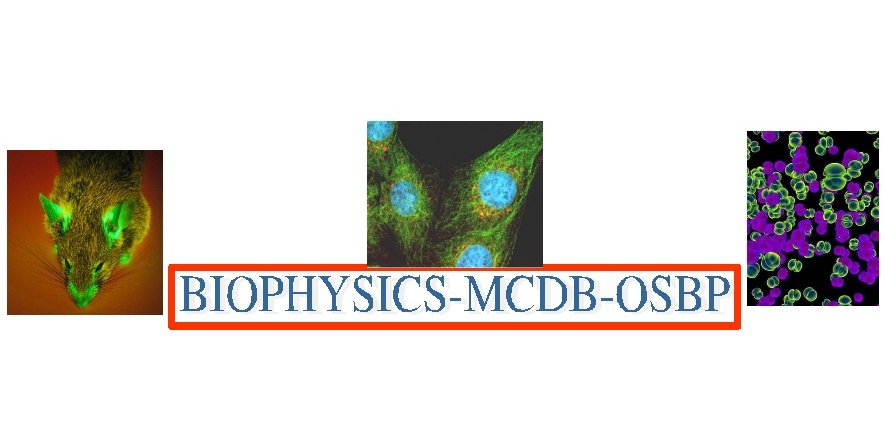Interdisciplinary Graduate Programs Symposium

2010 OSU Molecular Life Sciences
Interdisciplinary Graduate Programs Symposium

Poster abstracts
Abstract:
In the elderly, systemic infection is associated with an increased frequency of neurobehavioral complications. We have reported that peripheral innate immune activation with lipopolysaccharide (LPS) causes microglial hyperactivity and prolonged sickness/depressive-like behaviors in aged BALB/c mice. Furthermore, minocycline, an anti-inflammatory agent, reduces inflammation in both the adult and aged brain following LPS challenge. The purpose of this study was to determine the extent to which minocycline attenuates LPS-induced microglial activation and reverses sickness/ depressive-like behavior in BALB/c mice. Here, we show that intraperitoneal (i.p.) injection of minocycline attenuated LPS-induced body weight loss and anorexia in aged (18 mo) mice. Minocycline also tended to attenuate prolonged resignation behavior associated with LPS injection. Minocycline was administered in drinking water for 7 d to a cohort of adult (4 mo) mice prior to LPS challenge. As expected, oral minocycline administration reduced the LPS-induced cytokines in cortex of adults, similar to what we have previously published with i.p. minocycline injection. Next, we examined the degree to which minocycline influenced the macrophage/microglia activation states. Mice were injected with LPS and microglia were isolated 4 or 24 hours later. mRNA levels of markers associated with M1, ‘classical activation’, M2, ‘alternative activation’, and M3, ‘acquired deactivation’ were determined. LPS challenge markedly increased microglial expression of M1 and M3 genes in a time dependent manner. Moreover, orally administered minocycline attenuated expression of these M1 and M3 markers after LPS. In summary, oral minocycline was effective at reducing microglial activation after LPS. Studies are currently ongoing using this oral minocycline regimen to address LPS-dependent microglial hyperactivation and prolonged behavioral complications in aged mice.
Keywords: aging, microglia, brain